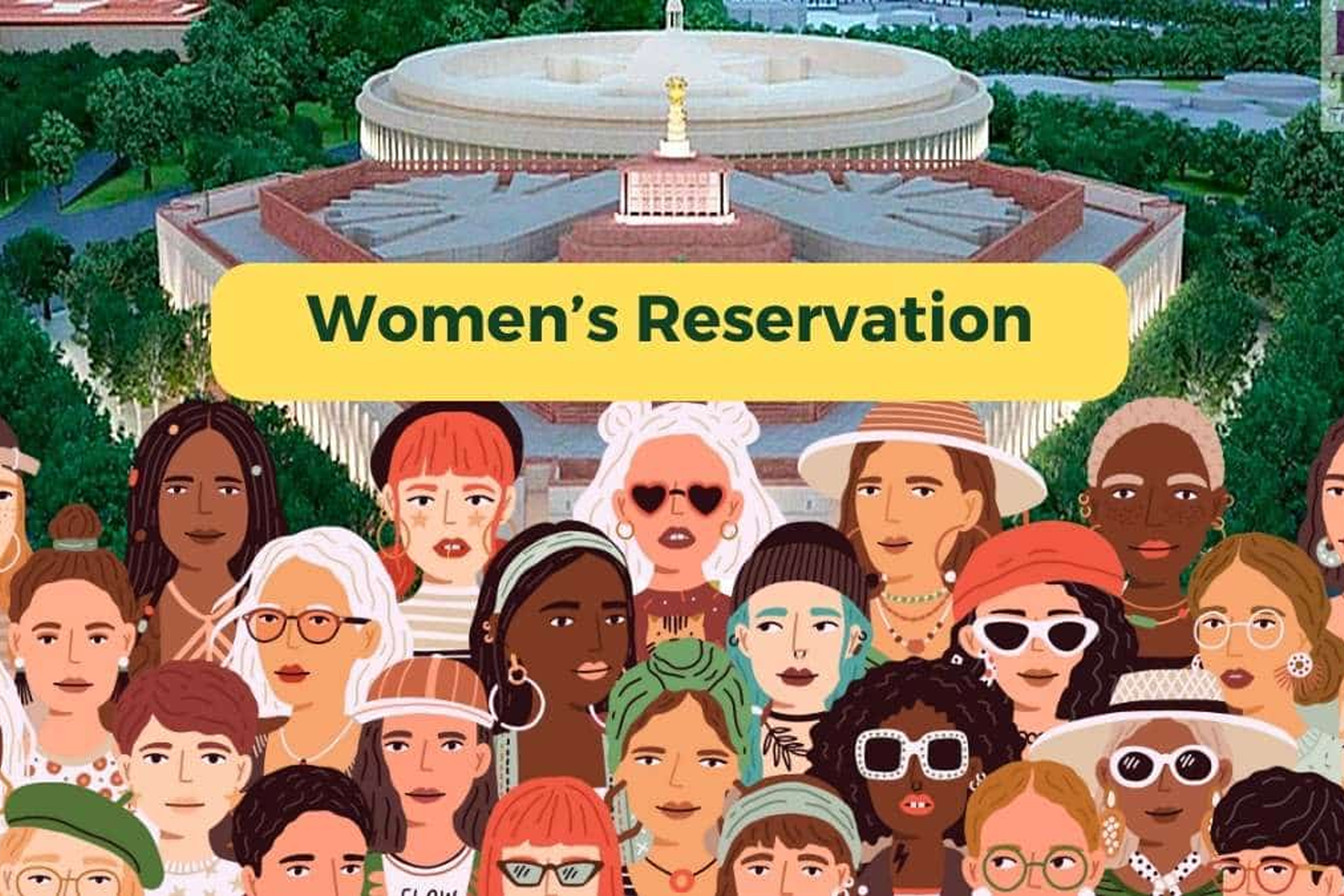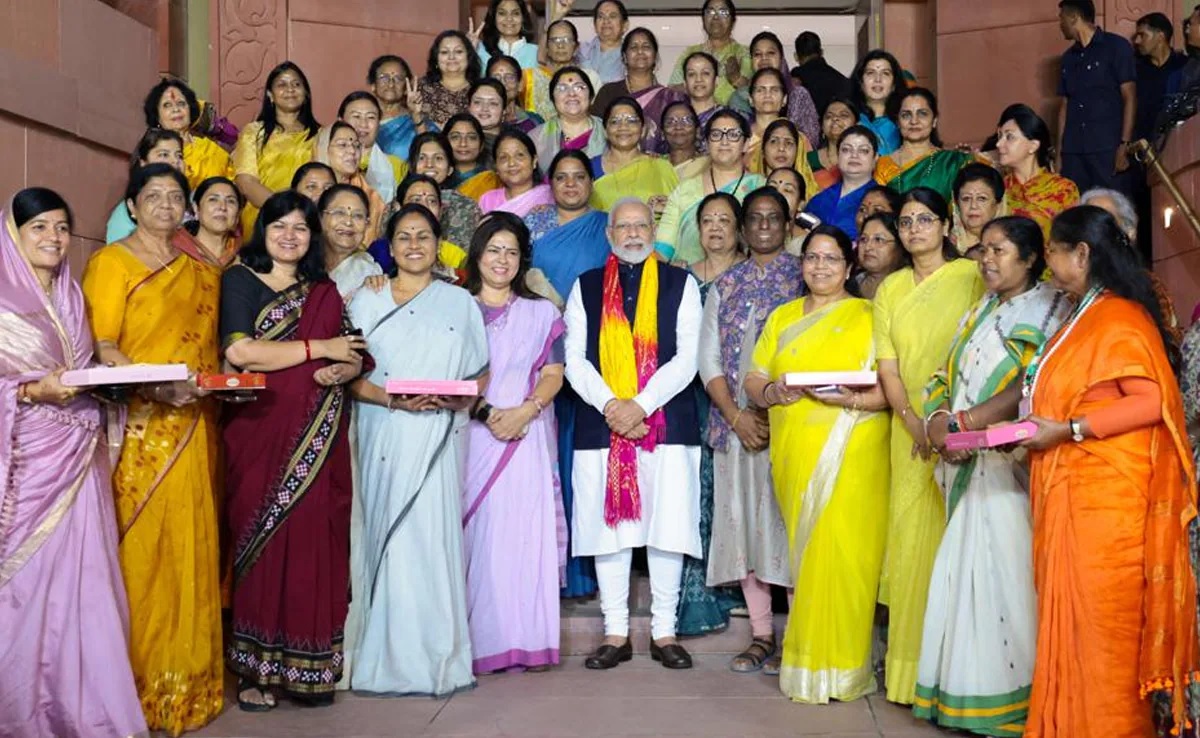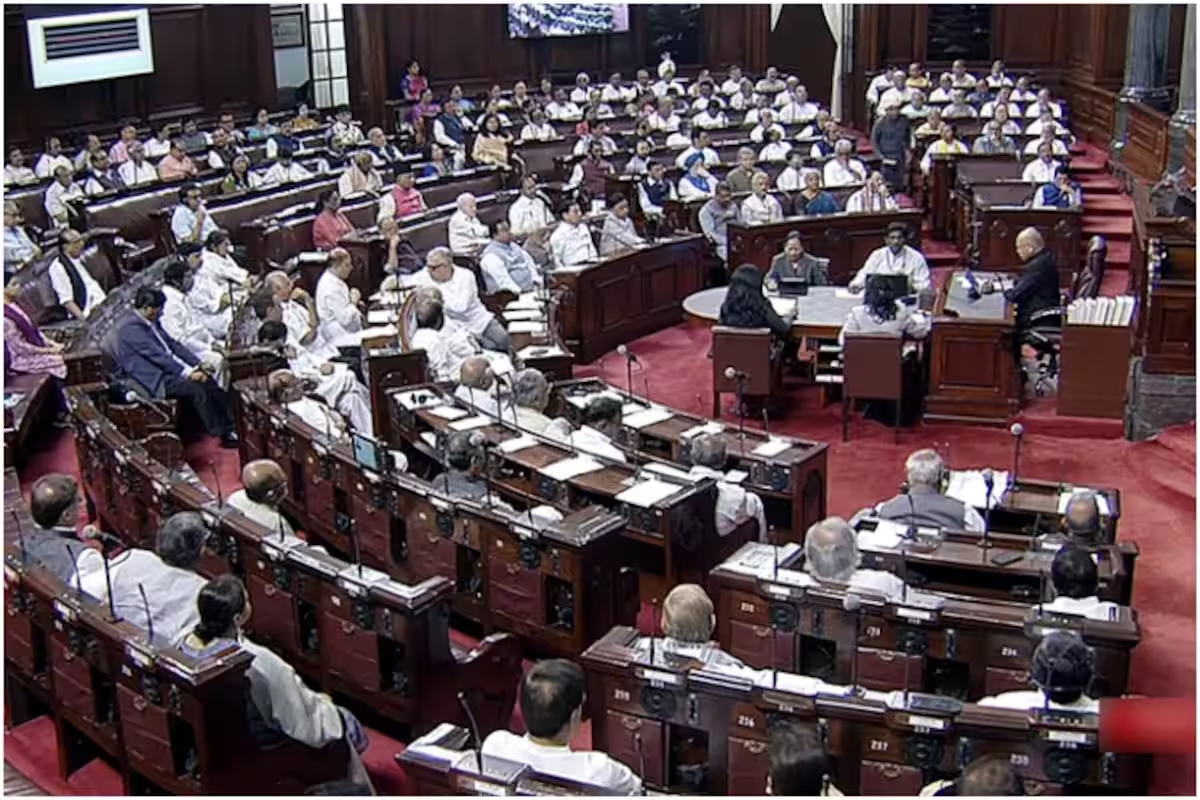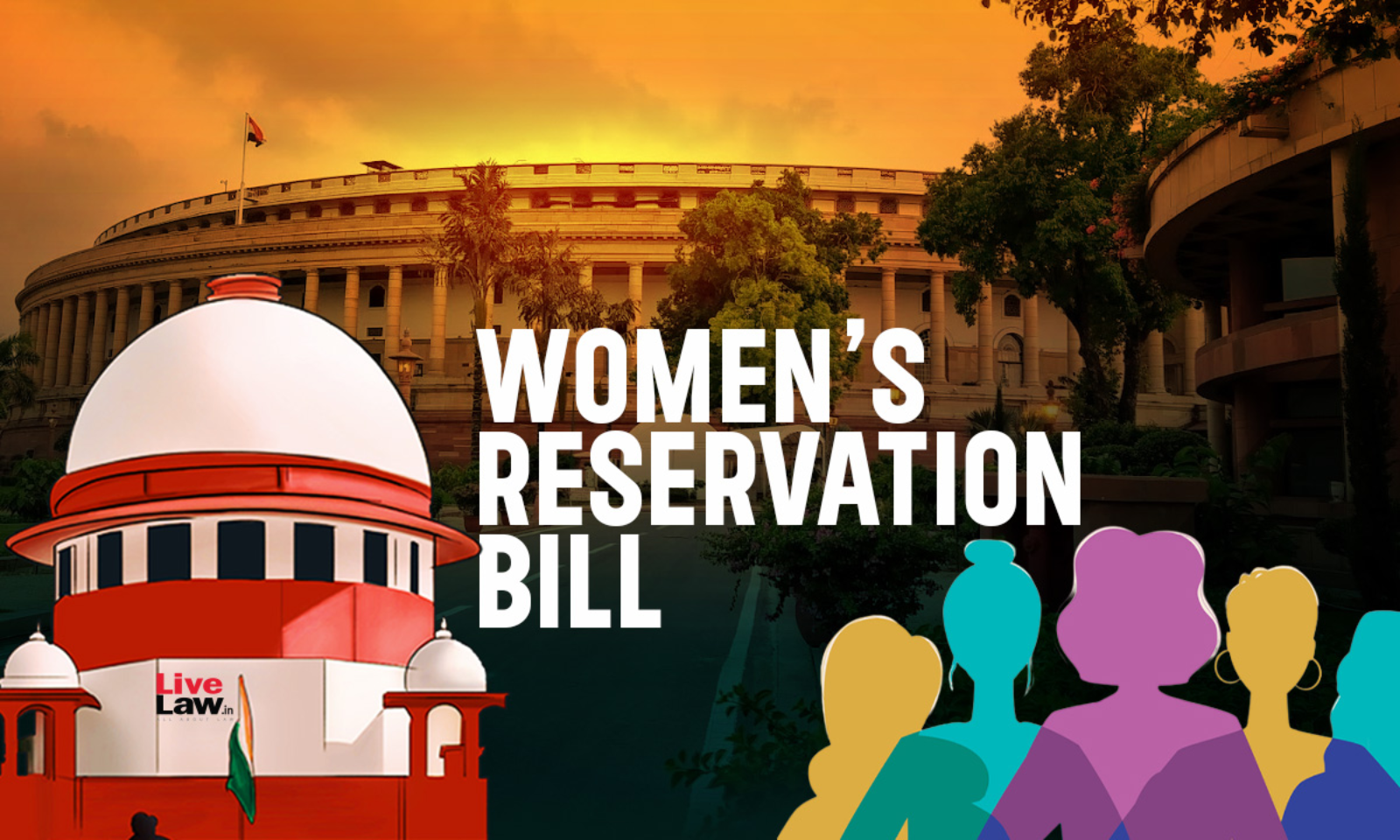
The United Indian

On September 19, 2023, the Indian government introduced the Constitution (One Hundred and Twenty-eighth Amendment) Bill, 2023, which proposes to reserve 33% of seats for women in the Lok Sabha (the lower house of India's parliament) and state Legislative Assemblies. This is a historic development, as it has been a long-standing demand of women's rights activists and civil society groups. The passage of this bill would be a major step towards achieving gender equality in Indian politics.
Women's Reservation Bill has been met with widespread support from civil society organizations, women's rights groups, and political parties across the spectrum. It is seen as a major step towards achieving gender equality in India, and would ensure that women have a greater voice in the political process.
Why is women's representation in politics important?
Women make up half of the Indian population, but they are under-represented in all levels of government. In the Lok Sabha, women currently hold only 11% of the seats. In state Legislative Assemblies, the representation of women is slightly higher, at 14%.
This lack of representation has a number of negative consequences. It means that the voices and concerns of women are not adequately represented in government decision-making. It also means that women have fewer opportunities to participate in and lead political processes.
Understanding The Stats
- Lok Sabha has 545 seats of which elections are held on 543 seats whereas two are reserved for Anglo-Indians.
- At present 84 of these 543 seats are reserved for Scheduled Castes, 47 seats are reserved for Scheduled Tribes, and 412 seats are unreserved.
- If the Women's Reservation Bill is passed, one-third of seats reserved for SCs and STs will be reserved for women belonging to these categories.
- This means 28 out of 84 seats reserved for SCs will be reserved for SC women.
- And 16 out of 47 seats reserved for STs will be reserved for ST women.
- Of the remaining 412 Seats, 137 seats will be reserved for general category women
This will take the number of women MPs in the House, as per its present strength of 543, to 181.
Benefits of women's reservation in politics
Reserving seats for women in Parliament and Assemblies has a number of benefits. If passed, Women's Reservation Bill would increase the number of women in politics, which would lead to more gender-sensitive policies and laws. It would also send a strong message that women are valued and respected in Indian society.
Additional researches show that women's representation in politics can lead to a number of positive outcomes, including:
- More responsive and inclusive government policies
- Increased accountability of elected officials
- Reduced corruption
- Greater economic growth and development
- Improved social welfare outcomes
- Challenges to the passage of the Women's Reservation Bill
The Women's Reservation Bill has been facing opposition from some political parties and groups. Some argue that it is unfair to reserve seats for women, as it discriminates against men. Others argue that it is not necessary, as women can already win elections without reservation.
However, these arguments are not valid. Women have been facing discrimination in all areas of life, including politics. Reservation is a necessary tool to address this discrimination and to ensure that women have equal opportunities to participate in political processes.
PM Modi's take on Women's Reservation Bill
Calling September 19 a "historic day", Prime Minister Modi said in his, amid thumping of desks by members, that the Narishakti Vandan Adhiniyam will further strengthen our democracy and that his government is committed to making the Women's Reservation Bill into a law. He said that God has chosen him for the work of ensuring rights of women and putting their power to use, and for many such noble works. He added that his government has once again taken a step in this direction by approving the Women's Reservation Bill in the cabinet yesterday. It's noteworthy that this was his first speech in the new Lok Sabha chamber and the bill was the first bill proposed.
What are the challenges?
There are a number of challenges that will need to be addressed in order to implement the Constitutional Amendment Bill successfully. One challenge is that the Bill will need to be passed by both houses of Parliament and by at least half of the state Legislative Assemblies with a two-thirds majority. This will require a high level of political consensus.
Another important challenge is that Reservation for women will not be implemented in 2024 LS poll; it can come into effect only after a delimitation based on a census conducted after the Bill has been passed; next delimitation in 2026.
Another challenge is that some people argue that reserving seats for women is discriminatory and that it violates the principle of merit. However, it is important to note that reservation is a temporary measure that is necessary to address the historical and structural barriers that have prevented women from participating fully in politics.
Key Takeaways
The passage of the Women's Reservation Bill is a crucial step towards achieving gender equality in Indian politics. It would be a historic victory for women's rights and a major step forward for Indian democracy.
Women's reservation bill in India: A long journey
The demand for women's reservation in politics in India dates back to the early days of the independence movement. In 1931, the All India Women's Conference (AIWC) passed a resolution demanding 33% reservation for women in the Central Legislature.
After independence, the AIWC continued to push for women's reservation. In 1959, it submitted a memorandum to the government of India, demanding 33% reservation for women in all elected bodies.
The government of India appointed a number of committees to study the issue of women's reservation. However, none of these committees recommended reservation for women.
In 1993, the Rajya Sabha (the upper house of India's parliament) passed a bill to reserve 33% of seats for women in the Lok Sabha and state Legislative Assemblies. However, the bill could not be passed in the Lok Sabha.
In 2010, the Lok Sabha passed a bill to reserve 33% of seats for women in the Lok Sabha and state Legislative Assemblies. However, the bill could not be passed in the Rajya Sabha.
The Women's Reservation Bill has been a political football for many years. Political parties have used the bill to score political points and to make promises to women voters. However, they have not been serious about passing the bill.
The introduction of the Women's Reservation Bill in the Lok Sabha in September 2023 is a positive development. It shows that the government is finally serious about passing the bill.
Read more in Government Sector
May 28, 2025
TUI Staff
May 22, 2025
TUI Staff

Stay Tuned with The United Indian!
Our news blog is dedicated to sharing valuable and pertinent content for Indian citizens. Our blog news covering a wide range of categories including technology, environment, government & economy ensures that you stay informed about the topics that matter most. Follow The United Indian to never miss out on the latest trending news in India.
©The United Indian 2024













